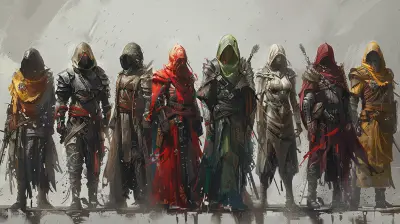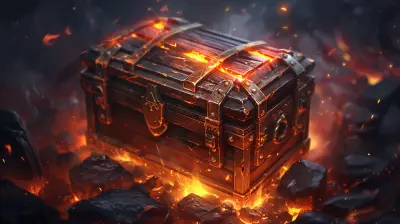How to Spot a Fair Loot Box System
13 September 2025
In the ever-evolving world of gaming, loot boxes have become one of the most controversial mechanics to grace our favorite pastime. What started as an innocent little feature to add surprise and excitement has grown into a multi-billion-dollar industry—sometimes operating in a murky gray area that blurs the lines between gaming and gambling.
But not all loot boxes are created equal. Some developers have managed to strike the perfect balance between fair play and monetization, while others have embraced practices that feel downright predatory. So, how do you separate the good eggs from the blatant cash grabs? Let’s break it down step by step and figure out how to spot a fair loot box system. Spoiler alert: It’s not as hard as it seems.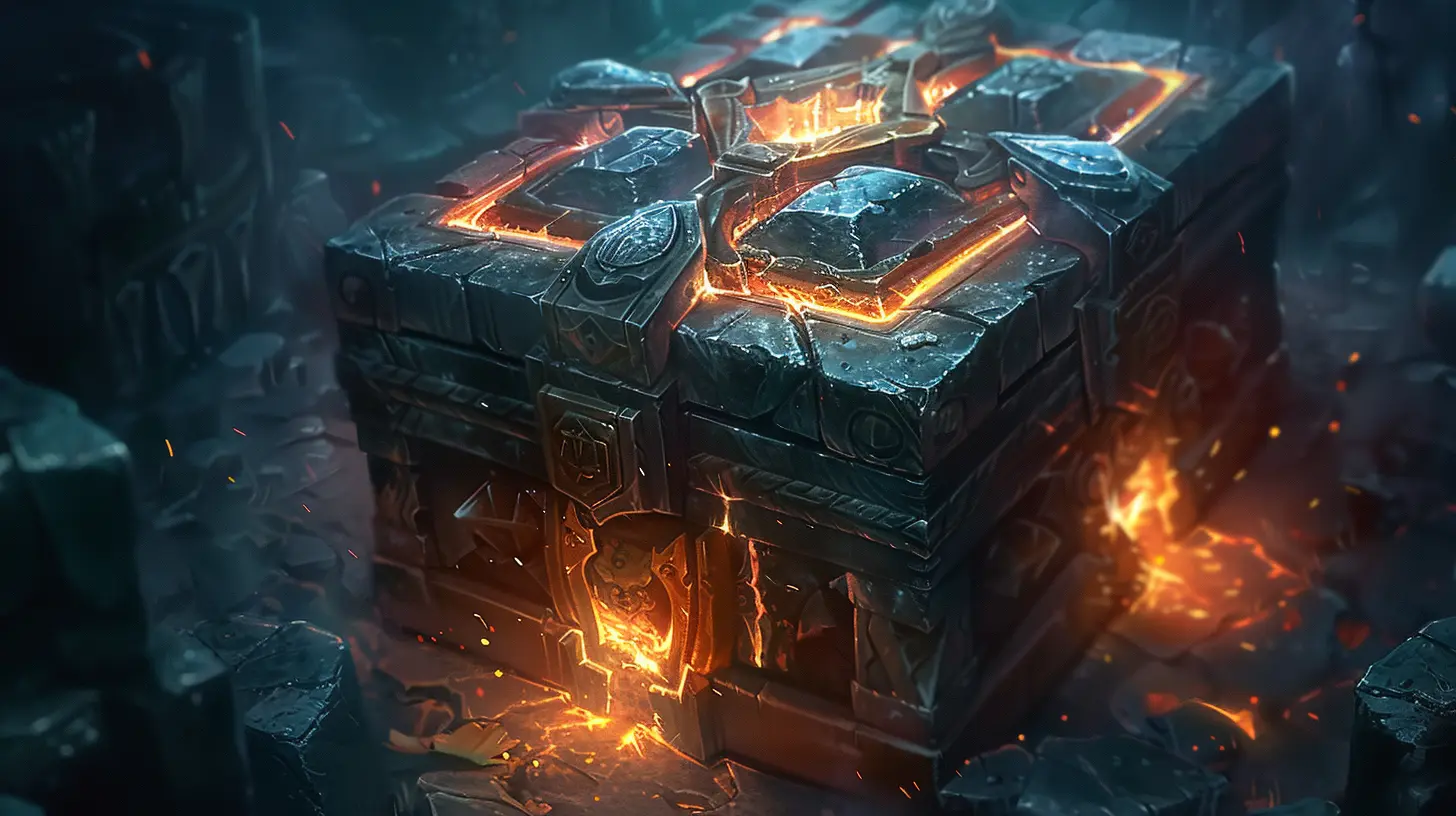
What Are Loot Boxes Anyway?
Before we dive into spotting fairness, let’s clarify what loot boxes actually are. Imagine opening up a treasure chest only to find... you don’t know what’s inside. That’s essentially a loot box: a virtual box containing randomized rewards that players can earn or purchase in a game.These rewards might include anything from cosmetic items (skins, outfits, etc.) to game-changing advantages like powerful weapons or upgrades. It's like rolling the dice—part excitement, part gamble. And that gamble? It's where things start to get tricky.
The Problem With Loot Boxes
Loot boxes have faced backlash for a reason. They’ve been likened to gambling due to their randomized nature, the dopamine rush tied to opening them, and the fact that they often require real money. Think about it: You might spend $5 on a loot box hoping for that rare skin but end up with a common item that’s about as exciting as a plain white t-shirt. Frustrating, right?For some players, this frustration translates into spending even more money, chasing after something valuable—and before they know it, they’ve blown through their paycheck. This isn’t just anecdotal; studies have linked loot boxes to problem gambling behaviors, especially among younger audiences. Yikes.
But hey, let’s not paint all loot boxes with the same brush. Some systems are genuinely fair and player-friendly, providing value without exploiting their audience. Here's how to tell the difference.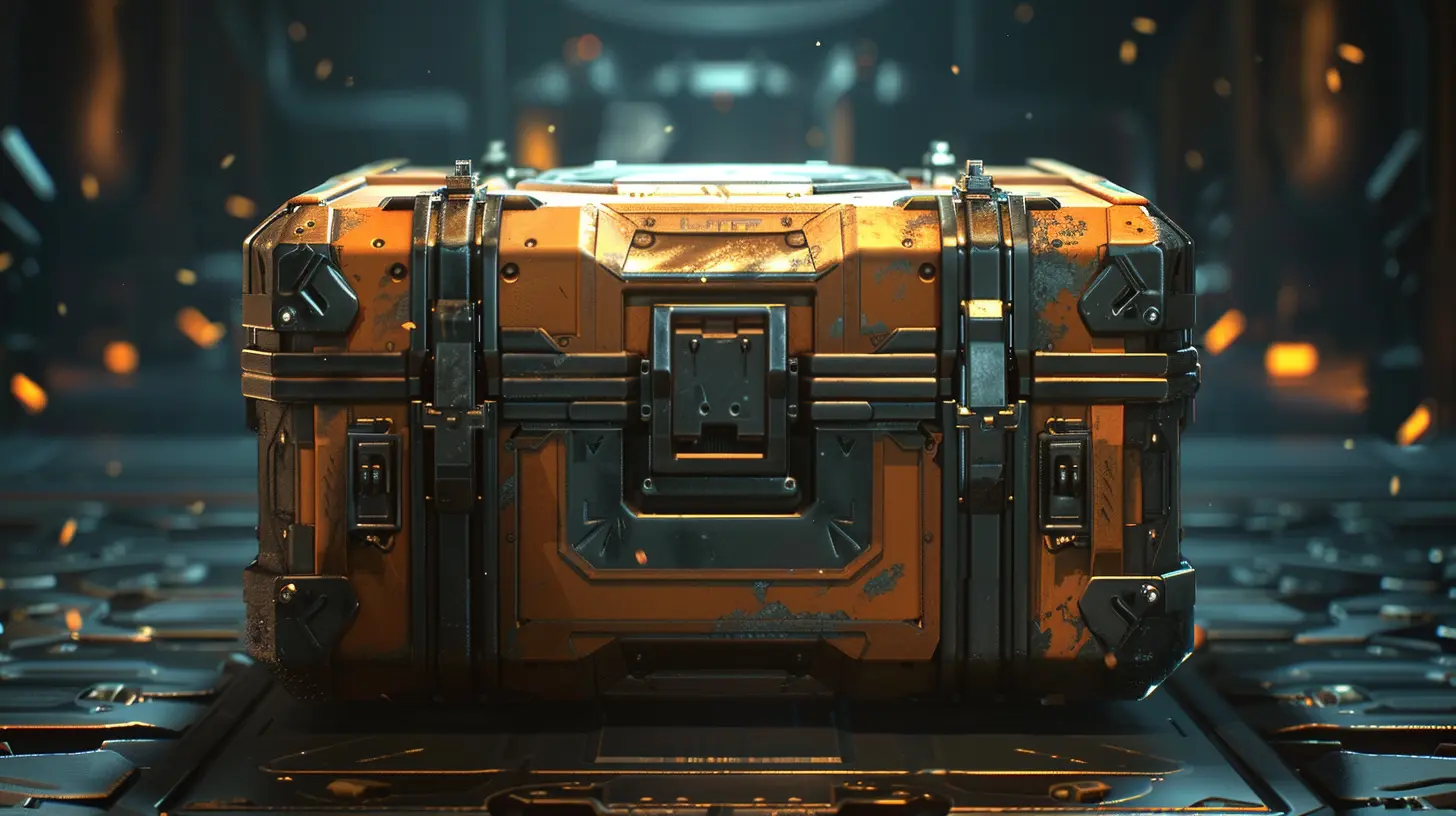
The Hallmarks of a Fair Loot Box System
So, how do you figure out whether a loot box system is fair or if it’s just a sneaky money-making trap? Look out for these key signs:1. Transparency is Key
A fair loot box system should be upfront about the odds of winning specific rewards. Want that legendary skin? You should know exactly how likely (or unlikely) you are to get it. Developers that hide this information are basically trying to pull the wool over your eyes. Red flag.Games like Genshin Impact or Apex Legends get this right by listing the drop rates for each tier of item, which allows players to make informed decisions before spending their hard-earned cash. If the game you’re playing doesn’t disclose this info, there’s a good chance something fishy is going on.
2. No Pay-to-Win Nonsense
Fair loot boxes should never give paying players an unfair advantage. Cosmetics? Cool. Exclusive mounts that look badass but don’t make you faster? Totally fine. A sword that one-shots enemies or a permanent stat boost? Nope, not okay.Games that lean into pay-to-win mechanics through loot boxes can ruin the experience for everyone. Why bother grinding for rewards when someone else can just buy their way to victory? Fair loot box systems focus on cosmetic flair or non-essential items that don’t impact gameplay. Think Fortnite and its glitzy skins—no advantage there, just pure style.
3. Earned, Not Burned
Fair systems always give players the option to earn loot boxes through regular gameplay. You shouldn’t feel forced to whip out your credit card if you’d rather just grind it out. When a game rewards you with loot boxes for completing challenges, leveling up, or achieving milestones, it’s a clear sign the developer values both paying and non-paying players.For example, Overwatch (the original) used to reward loot boxes frequently through leveling, while still offering the option to buy them. It felt like a win-win for everyone, keeping the system balanced without making you feel like a walking ATM.
4. A Pity System (Because Everyone’s Luck Runs Out)
Ever heard of a “pity system”? It’s when a game guarantees a rare reward after a certain number of failed attempts. This mechanic acknowledges that RNG (random number generation) can be cruel, and it gives unlucky players a safety net to fall back on.This is especially common in gacha games like Genshin Impact, where repeated bad luck still leads to a guaranteed five-star character or weapon after enough pulls. Any game with a pity system shows that the developers understand you’re not made of infinite time or money—and that’s a big plus.
5. Reasonable Prices
Here’s a question: How much is too much for a loot box? If the price of one loot box is higher than your morning coffee, you might want to rethink hitting that “purchase” button.A fair loot box system should never drain your wallet for the sake of a single roll. Reasonable pricing ensures that loot boxes remain an optional bonus rather than a financial commitment. This ties into the larger idea of respecting the player’s investment—both time and money.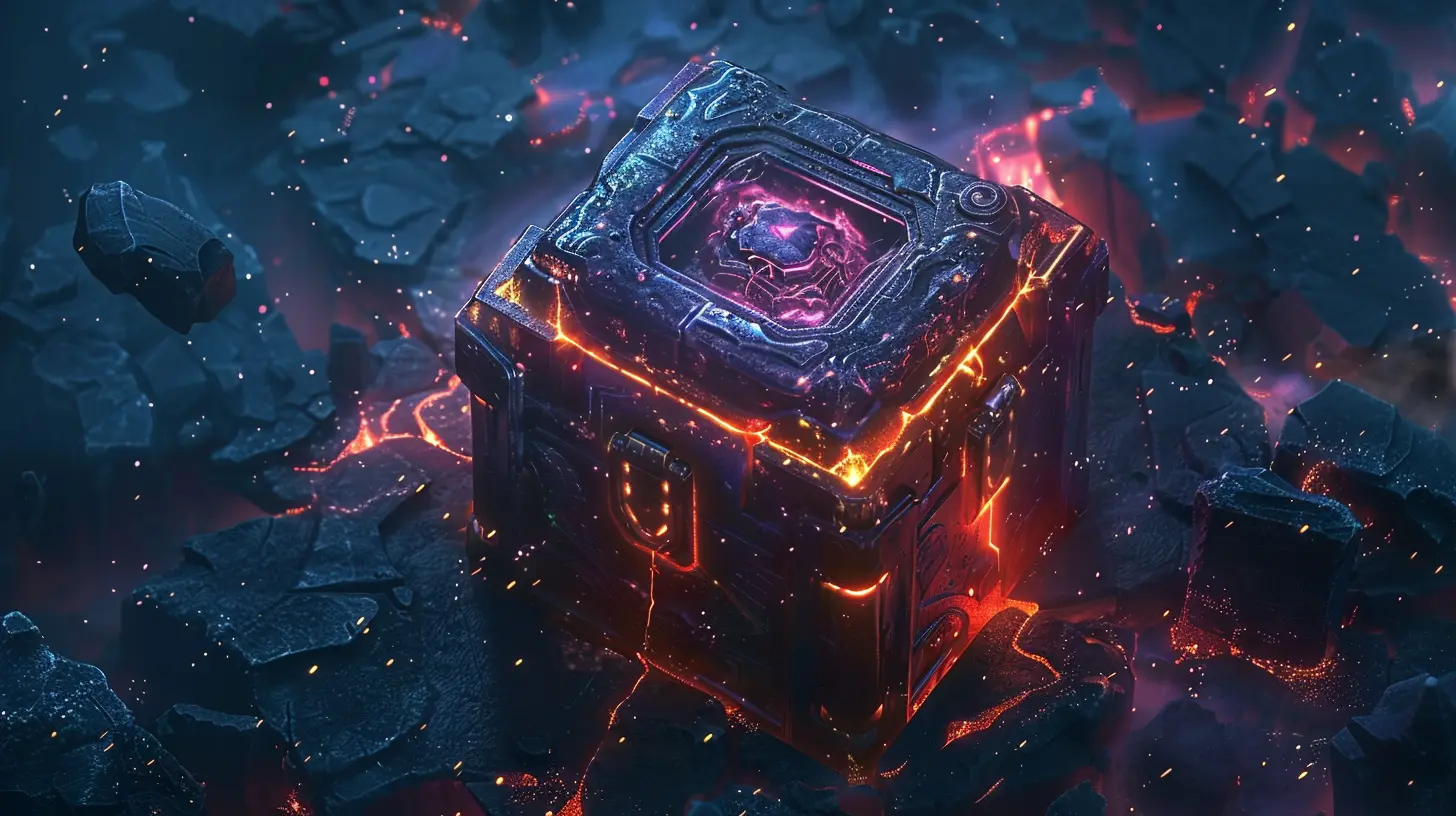
Red Flags to Watch Out For
Now that you know what fairness looks like, let’s flip the coin. What are some warning signs that scream, “Bad loot box system ahead”? Keep these in the back of your mind:- Hidden Odds: If the game won’t tell you the chances of earning specific items, proceed with caution.
- Overemphasis on Real-Money Purchases: Does the game push you to buy loot boxes constantly? That’s a red flag.
- FOMO Tactics: Time-limited loot boxes designed to prey on your fear of missing out? Manipulative and unfair.
- Duplicate Items: Nothing stings like spending money on a loot box and getting an item you already have—especially if there’s no system in place for trading or compensation.
- No Progression Without Spending: If loot boxes are required to advance in the game, that’s not just unfair—it’s outright predatory.
These practices don’t just hurt your wallet—they can sour your entire gaming experience. Nobody likes feeling scammed.
Fair Loot Box Systems: The Gold Standard
Some games have taken a stand against exploitative practices and instead created loot box systems that feel rewarding and respectful. These standout examples set the bar high:- Rocket League: When loot box controversies started heating up, Rocket League pivoted away from random rewards and introduced a Blueprint system. Now, players always know exactly what they’re getting before spending money. Transparency for the win.
- Apex Legends: Not only does this game show its item drop rates, but it also prevents duplicates in loot boxes. Got unlucky? No worries, you won’t get stuck with the same item twice.
- Hearthstone: Blizzard’s card game guarantees a legendary card within the first 10 packs of any new expansion. It’s a simple gesture that makes randomness feel... well, less random.
The Takeaway: Keep Your Eyes Open
Loot boxes aren’t going away anytime soon, but that doesn’t mean you have to settle for unfair systems. Whether you’re a casual gamer or a die-hard enthusiast, knowing what to look for can save you both money and frustration.When in doubt, ask yourself: Is this system transparent? Is it rewarding me for gameplay? Is it preying on my impulses? If even one of these questions gives you pause, it might be time to rethink where you’re spending your time—and cash.
The good news? There are plenty of games out there that respect their players. So, don’t settle for less than fair. Your gaming experience—and your wallet—deserve better.
all images in this post were generated using AI tools
Category:
Loot BoxesAuthor:

Pascal Jennings
Discussion
rate this article
1 comments
Justice James
Transparency and player choice are essential for a fair loot box system.
September 20, 2025 at 3:02 AM

Pascal Jennings
Absolutely! Transparency and player choice empower consumers and ensure a more equitable gaming experience.
